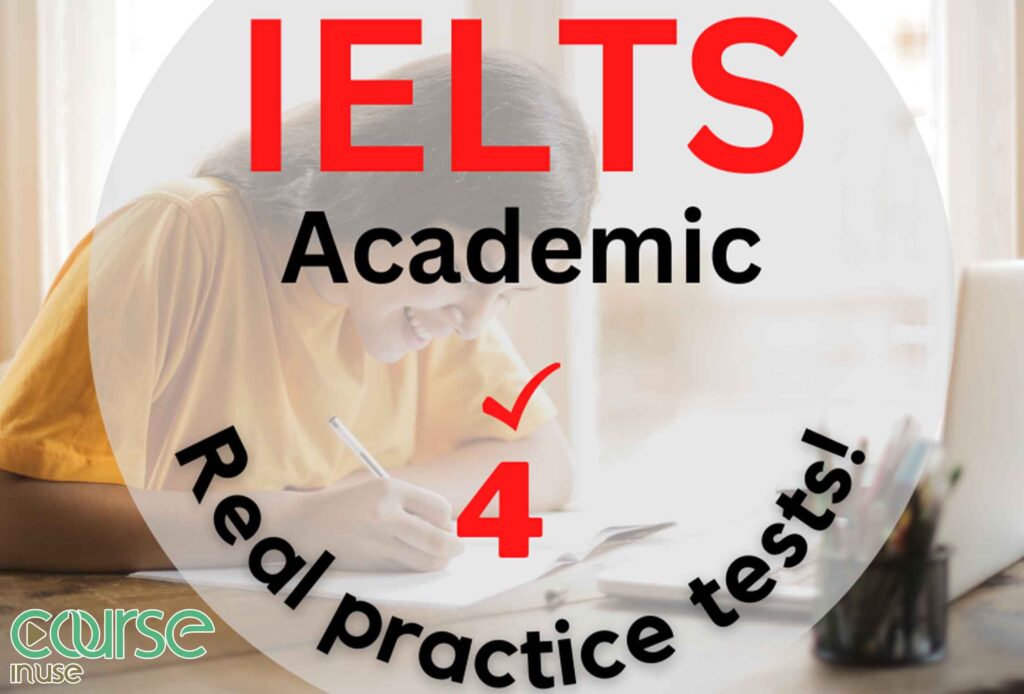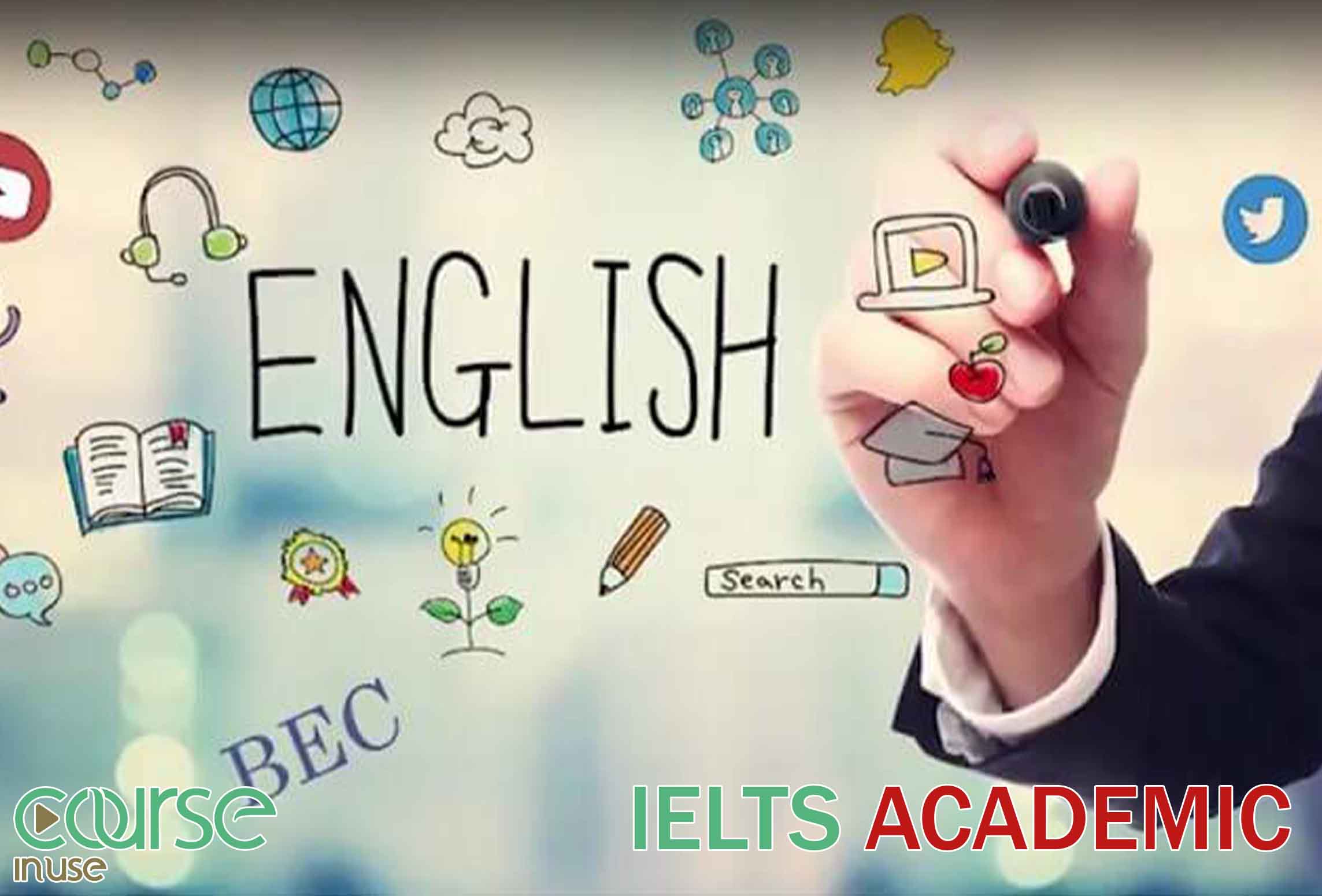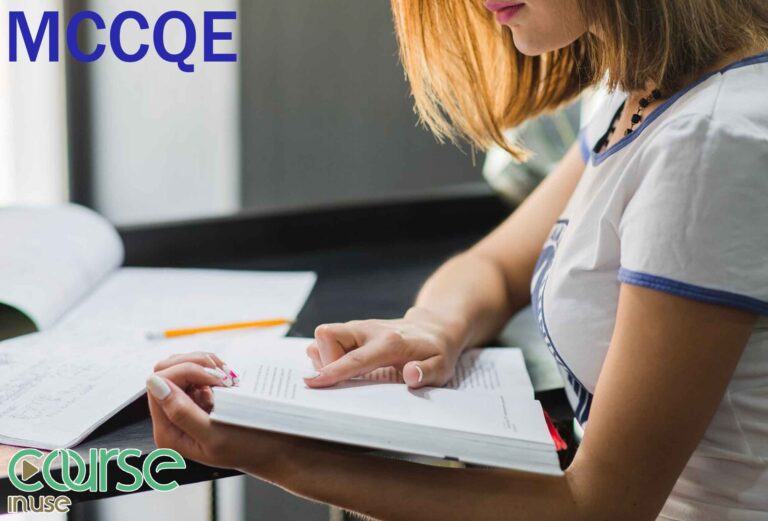The IELTS exam is an international English language test system, which is one of the most popular tests for measuring the four English language skills in the world, is always held in two forms: IELTS Academic and IELTS General Training. Applicants should choose one of these two based on their overall needs and goals. In particular, the IELTS Academic test is designed to assess the English language ability of applicants in academic settings such as universities or colleges. If you are also applying to study in an English-speaking country and you plan to apply for undergraduate or postgraduate courses in these environments, You must take the IELTS Academic test. Since understanding how the IELTS Academic test works is a key step in your success, familiarizing yourself with the test structure and frequently asked questions can help you plan effectively to achieve the best result. Therefore, to get more information and achieve success, we suggest you stay with us until the end of this article.
Understanding the Academic IELTS text
In the IELTS Academic test, your skills are evaluated in the four main parts of the English language. These skills include: listening, reading, writing, and speaking skills. The parts of the IELTS Academic test are designed so that the real scenarios of academic environments are well reflected to ensure that candidates are prepared to face the challenges of English-speaking academic environments.
What is the structure of the Academic IELTS test?
| Section | Duration | Description |
| Listening | 30 minutes | Includes 10 minutes to transfer answers. |
| Reading | 60 minutes | Comprises three sections with a total of 40 questions. |
| Writing | 60 minutes | Consists of two tasks: Task 1 involves describing visual information, and Task 2 requires writing an essay.
|
| Speaking | 11–14 minutes | A face-to-face interview, including an introduction, a long turn, and a discussion. |
How is the Academic IELTS score calculated?
| Section |
|
|
|
|
||||||||
| Listening | 40 | 1 | 40 | Band 5: 16 correct answers
Band 6: 23 correct answers Band 7: 30 correct answers Band 8: 35 correct answers
|
||||||||
| Reading | 40 | 1 | 40 | Band 5: 15 correct answers Band 6: 23 correct answers Band 7: 30 correct answers Band 8: 35 correct answers |
||||||||
| Writing | N/A | N/A | N/A | The score of the IELTS written test is evaluated based on four main criteria: task performance, coherence and continuity, vocabulary resources, and grammatical accuracy. Each criterion is evaluated equally and the average score of these criteria determines the final score (band). | ||||||||
|
N/A
|
N/A
|
N/A
|
Assessed based on four criteria: Fluency and Coherence, Lexical Resource, Grammatical Range and Accuracy, and Pronunciation. Each criterion carries equal weighting, and the overall average gives the IELTS score for Speaking. |
Academic IELTS VS General Training IELTS
| Feature | IELTS Academic | IELTS General Training |
| Purpose | For admission to universities and higher education institutions | For immigration, work experience, or training programs. |
| Sections | Listening, Reading, Writing, Speaking | Listening, Reading, Writing, Speaking |
| Listening Section | Same for both (30 minutes, 4 sections) | Same for both (30 minutes, 4 sections) |
| Reading Section | 3 long texts, often academic (60 minutes) | 3 shorter texts, general topics (60 minutes) |
| Writing Section | Task 1: Describe a graph, table, chart, or diagram (150 words) Task 2: Essay on a given topic (250 words) |
Task 1: Write a letter based on a given situation (150 words) Task 2: Essay on a given topic (250 words) |
| Speaking Section | Same for both (11-14 minutes, face-to-face interview) | Same for both (11-14 minutes, face-to-face interview) |
| Difficulty Level | More academic, with complex vocabulary and concepts. | More general, using everyday language and practical skills. |
| Test Duration | Approx. 2 hours and 45 minutes | Approx. 2 hours and 45 minutes |
| Overall Focus | Academic English, a language needed for university or academic purposes. | Practical English, a language needed for everyday life, work, or migration. |
| Scoring System | Band scores from 0 to 9 for each section, overall band score | Band scores from 0 to 9 for each section, overall band score |
| Accepted by | Universities, academic institutions, and professional organizations. | Employers, immigration authorities, vocational training programs. |
| Sample Questions | Academic articles, research studies, and university-based scenarios | Work-related scenarios, social situations, letters. |
Registration and test dates
Academic IELTS is always held throughout the year at authorized test centers around the world. It is worth mentioning that you can choose to participate in the written or computerized exam according to the center of your choice. Since several candidates always take the test, it is better to register the date you want to try in advance.
To register for the IELTS test, you can also go to the official IELTS website and apply through the official IELTS test website. On this website, you can find information about the types of tests, preparation resources, and test centers around the world.
In addition, you can register directly through the British Council’s IELTS registration portal. It should be noted that the availability of test dates and locations may vary depending on your region.
How to prepare for the Academic IELTS test

Understanding the IELTS Academic test format is your first step in preparing for the challenging path of studying in an English-speaking environment. In addition to understanding the format of the exam, you must also strengthen the necessary skills. In the following, we have provided you with the necessary tips for preparing for the academic IELTS exam
1.Having a comprehensive and coherent study program
- Your study program should cover all the four skills. Don’t omit any part. Set aside a specific time for each part of the day.
2.Strengthening and expanding the range of vocabulary
- To strengthen the range of vocabulary, it is better to use various sources such as newspapers or scientific articles and scientific reports. Listen to the text and note down new words. It should be noted that the academic IELTS test is focused on academic challenges. It is better to practice with academic texts and interviews
3.Listening practice
- For the IELTS listening section, you must be able to have a correct understanding of the material. The most effective thing for this section is to listen to podcasts, lectures, and academic conversations. It should be noted that to improve your performance, it is better to use different dialects of English than the level Improve your preparation
4.Getting to know the format of the test
- By practicing the questions of the past exams, you can get a general understanding of the academic IELTS exam format so that in addition to finding an overview of the subjects, you can have a more comprehensive plan. Have a limited IELTS score
5.Improve writing skills
- The best solution to strengthen the writing of the academic IELTS test is to write articles and reports based on the topics that are raised in the test with a specific timing of 60 minutes. You can also use a professor or an expert for this task in order to improve your performance.
6.Speaking practice
- Extract the questions from the speaking section using past exams and try to answer them yourself. To evaluate your performance, you can record your voice and listen to it several times.
7.Perform simulated tests
- In addition to a consistent study program, continuous simulation tests will help you strengthen your time management skills, consolidate information, and help you remember it. In addition to all these cases, using simulated tests is possible allows you to know your strengths and weaknesses and design your study program based on that.
8.Perform simulated tests
- In addition to a consistent study program, continuous simulation tests will help you strengthen your time management skills, consolidate information, and help you remember it. In addition to all these cases, using simulated tests is possible allows you to know your strengths and weaknesses
Conclusion
In order to achieve a high score on the academic IELTS test, full preparation and detailed knowledge of the test structure are necessary. Improving your English language skills and mastering the test format can significantly increase your chances of success in achieving your academic or professional goals.
In addition, attending quality courses and classes will play a key role in your success. Choosing the right educational resources can make the learning process easier and more effective.
At Course in Use, we are with you on this path by providing the best training courses and targeted tests. For a strong and successful start, visit our site now and take an important step towards your success!




